Gain hands-on expertise in coding, data engineering, and machine learning through our Applied MSc in Data Engineering for AI programme. Engage in practical projects for real industry exposure. Students enhance their career paths by gaining invaluable experience through internships or apprenticeships.

Gain hands-on expertise in coding, data engineering, and machine learning through our Applied MSc in Data Engineering for AI programme. Engage in practical projects for real industry exposure. Students enhance their career paths by gaining invaluable experience through internships or apprenticeships.

As a front-runner in data and AI in France, DSTI offers an Applied Bachelor programme holding RNCP 6 accreditation. Our Applied MSc programmes hold RNCP 7 accreditation. Further, DSTI is recognised under the 3IA Cote d’Azur Label for extensive AI content and proudly possesses Qualiopi RNQ certification, affirming quality of our processes.
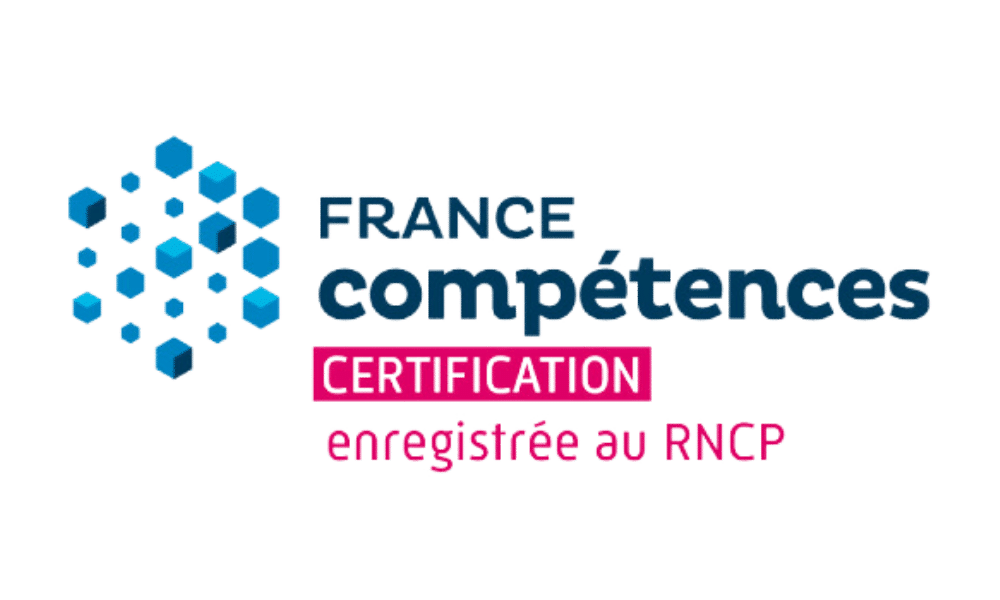
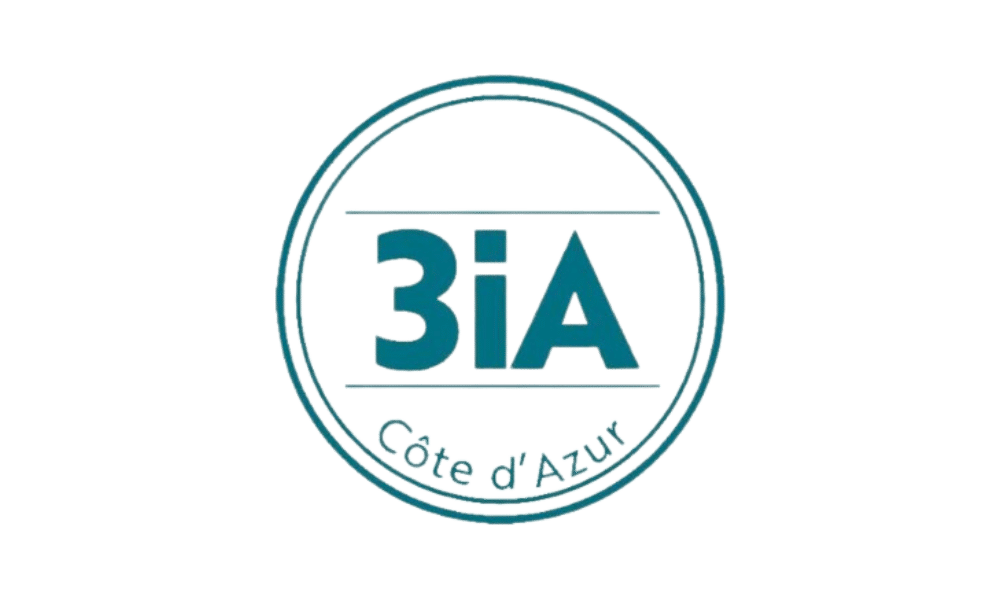
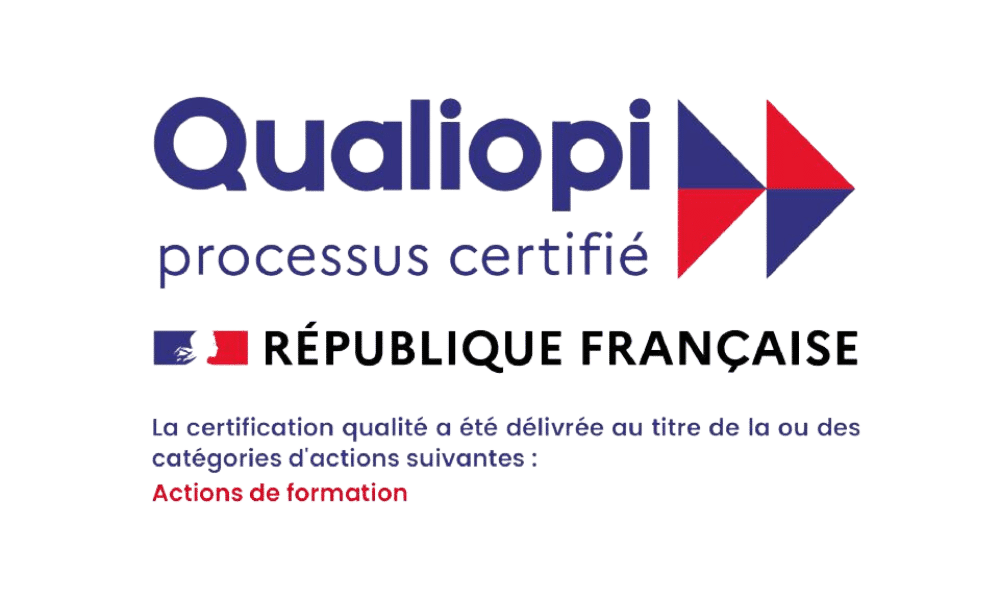
The following are the major objectives of the Applied MSc in Data Engineering for AI programme:
Acquire detailed knowledge and skills for creating and monitoring IT and Big Data infrastructures.
Explore DevOps and establish continuous integration frameworks to enhance your software creation and roll-out process.
Learn key programming languages and libraries for applied machine and deep learning, honing abilities to construct and roll out complex models for practical applications.
Enhance your abilities to create and manage highly distributed data and computation clusters like Hadoop or Spark, enabling efficient and effective large-scale data handling.
The Applied MSc in Data Engineering for AI programme bestows 120 ECTS. It encompasses 780 hours of instruction, equivalent to 90 ECTS, including a 75-hour DSTI Warm Up for technical proficiency and an additional 50 hours of support sessions. Lastly, internships or apprenticeship, valued at 30 ECTS, offers practical data engineering experience.
24-34
Years of average age range
77%
of International Students
7+
Hands-on projects
3
International Certifications preparation
DSTI offers the Applied MSc in Data Engineering for AI in two modes: Initial Education and Continuous Education.

Initial Education’ is designed for students under 30 transitioning from school or university, preparing them to become proficient data professionals. Choose between two options: Full-Time or Part-Time (Apprenticeship).
For beginners in Data Engineering, we suggest the 2-year Full-time mode with options for two data-related internships, the second being mandatory.
The apprenticeship mode combines part-time work and study, open only to EU students or those with a long-term visa in France. Read details before applying.
For professionals typically 30 or older, Continuing Education balances career growth and work commitments. It’s perfect for those with relevant experience or tech education, allowing flexible completion of the Applied MSc in Data Engineering for AI on-campus or online.

In Accelerated Learning, students finish coursework in about 9 months, then undertake a 6-month internship or job in the data field, reducing time to market.
SPOC is ideal for students balancing studies with regular jobs. Coursework, completed between 15 – 36 months through recorded lectures, can be supplemented with live online sessions if available. The course duration is flexible to the student’s needs.
DSTI also provides a ‘Part-time Sandwich’ or ‘Contrat de Professionnalisation’. This option is perfect for those aged 30 and above, French speakers, and individuals who are EU/EEA citizens or long-stay visa holders in France.
DSTI provides warm-up courses for the Applied MSc in Data Engineering for AI, ensuring all students, regardless of background, start with equal understanding of data analysis potential.
The Distributed & Performance IT module in the Applied MSc in Data Engineering for AI programme teaches courses including Amazon AWS, Microsoft Azure, Web and Software Engineering, Python Machine Learning Labs, and Semantic Web technologies for developing data science skills.
This course in the MSc in Data Engineering for AI programme provides preparation for the AWS Certified Solutions Architect – Associate Certification.
This course provides a comparative overview with Amazon AWS and focuses on Microsoft Azure Services relevant to data lakes and data pipelines.
A course that covers representing and querying web-rich data using RDF and SPARQL, introducing semantics in data using RDFS and ontologies, and tracing and following data history using VOiD, DCAT, and PROV-O.
In this course, students will learn about Object-Oriented Design and Design Patterns using Java programming.
A course that teaches data cleaning and preparation, data structures, and machine learning tools such as Pandas, Matplotlib, Scikit-learn, Keras, and Numpy, as well as Flask and OpenCV for web applications.
This course provides a comprehensive understanding of enterprise programming by covering topics such as Object Oriented Programming, Software Architecture through UML, and the fundamentals of Java and Scala development.
The Data Management module covers SQL data wrangling, data warehousing, ETL, graph and document NoSQL databases, big data ecosystems by Adaltas, and data pipeline parts 1 and 2.
A course that covers the fundamentals of relational databases, advanced SQL queries, stored procedures, triggers using T-SQL, dynamic SQL, and their applications with Microsoft SQL Server for data wrangling and manipulation.
A course that covers the design and implementation of a data warehouse, structuring an Extract, Transform, Load process, and their applications using Microsoft SQL Server in stand-alone and cluster deployments.
A course that provides preparation for the Neo4j certification, covers graph-based problem modelling, and implementation with the Neo4j graph database for NoSQL data management.
A course that covers the fundamentals of MongoDB databases, collections, and documents, advanced MongoDB queries and aggregations, MongoDB data architecture, and their applications using MongoDB and Robo3T for NoSQL data management.
A course that covers HDFS, scheduling & resource management, workflow management & ETL, dataflow management, scalable enterprise serial bus, real-time processing with SPARK, machine learning, and data exploration & visualization.
This course in Applied MSc in Data Engineering for AI covers XML dataflow, JSON transformations, and cloud-based solutions with Glue in AWS and Apache Kafka and Beam for open-source solutions.
Our comprehensive module covers essential topics for successful IT project management. It delves into project management principles using both PMP-PMI and Agile methodologies, along with data privacy and security frameworks. The module also explores CRM Data Management, Cybersecurity, and DevOps.
The course explores the principles and frameworks of data privacy and security, encompassing EU and USA regulations such as GDPR, Safe Harbour & Successors, as well as highlighting the distinctions between common law and code law.
The course includes a study of Project Management Body of Knowledge (PMBOK) and Agile methodologies such as Kanban, quality metrics and training for PMP-PMI certification.
The course focuses on preparing for the Microsoft Power Platform Functional Consultant (PL-200) certification, and its practical applications in managing Customer Relationship Management (CRM) data.
A course that focuses on the various tools and technologies involved in DevOps, including Nagios, Consul, Docker, Ansible, GitHub, and Continuous Integration with Jenkins and Kubernetes.
A course that covers topics such as system security design patterns, infrastructure security, data at rest and in-transit encryption, and code safety to provide a comprehensive understanding of how to protect computer systems and networks from cyber threats.
After this module, students will gain a comprehensive understanding of the mathematical and statistical foundations of data science, as well as practical skills in big data processing and machine learning.
This course covers essential mathematical concepts including Calculus, Linear Algebra, Trigonometry and Complex Numbers to provide a strong foundation for advanced data science applications.
This course covers the essential concepts of Probabilities and Distribution, Descriptive Statistics, and Visualisation techniques, and how to apply them using the R programming language.
A course that teaches how to import and manipulate large datasets with R, select the best data structures, transform, visualize, explore and model data.
A course that covers the fundamental concepts of perceptron’s layers, weights, biases, hyperparameters, activation and cost functions, optimization algorithms, backpropagation, learning mechanism, classification and regression, and its application in Python using TensorFlow.
A course that covers advanced topics such as Recurrent Neural Networks, Long Short-Term Memory (LSTM), Residual Networks, Computer Vision and Natural Language Processing (NLP), Deep Learning on GPU, and their applications in Python using PyTorch.
After each course, students get 1-2 weeks for review, with support sessions available for queries. Professors answer doubts in these sessions, ensuring individual attention from DSTI.
To stay abreast of changes in the data world, students can prepare for the following certifications while completing Applied MSc in Data Engineering for AI.


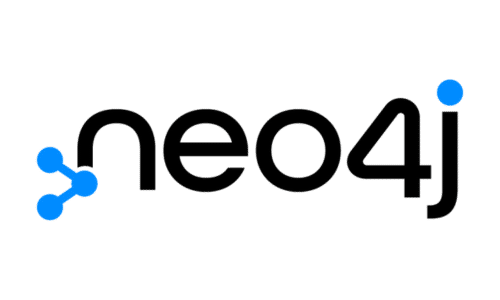
Following are some of the professors who teach Applied MSc in Data Engineering for AI.

Industry Member, Professor
David Worms is the CEO and founder of Adaltas, a company specializing in big data and Hadoop consulting services, with over 19 years of experience in the industry, working on a variety of technology projects.

Professor
Dr. Catherine Faron is a respected full professor at Université Côte d’Azur. She holds the position of vice-head of Wimmics, a collaborative research team between the I3S laboratory and the Inria centre.

Professor, Co-president of the Scientific Board
Fabien Gandon, a Senior Researcher at INRIA and I3S Sophia Antipolis in France, specializes in Semantic Web, Ontologies, Knowledge Engineering and Modelling, Corporate Memories, and other areas in the field of informatics and computer science.

AWS Educate, an initiative by Amazon Web Services (AWS), equips students and educators with valuable resources, training materials, and hands-on experience to foster the development of cloud computing skills and facilitate career readiness in the industry.
Azure for Education provides students with Microsoft software, developer tools, and cloud resources for learning and projects, including a $100 voucher.
O’Reilly is a platform offering quality content for effective study. It features over 60,000 books, 30,000 hours of video, live events, and interactive labs covering cloud computing, software architecture, programming languages, machine learning, and more.
Moodle offers students comprehensive access to their studies: notifications, schedules, courses, exams, live sessions, lecture recordings, and project submissions.
A resource that allows students to ask questions or seek assistance with academic, career, or administrative tasks. Students can also revisit the answers whenever necessary.
All DSTI students enjoy lifelong alumni email access and are given Microsoft Windows and Office 365 licenses.
The Applied MSc in Data Engineering for AI at DSTI equips students for a flourishing future in the AI industry. A commendable 95% of our students obtain internship offers within a span of 6 months. Moreover, 2 out of 3 students successfully receive CDI offers through our Apprenticeships and Contrat Pro schemes.
95%
of Students get an internship offer within 6 months
€ 1000+
average monthly stipend
75%
of students find internships in Europe
€ 49k
average starting salary
€ 1600
average monthly stipend for Apprenticeship
€ 1950
average monthly stipend for Contrat Pro
2/3
students receive CDI offers.
50% +
students sign their contracts through DSTI
The admission procedure at the Data ScienceTech Institute (DSTI) is an inclusive endeavour that provides deserving candidates a fair chance. This outlined admission process applies to all study modes.
To qualify for DSTI’s Applied MSc programmes, applicants must satisfy these conditions:
Applicants should have studied Mathematics at high school level or possess an equivalent qualification.
Candidates must have completed a 3 or 4-year Bachelor degree or equivalent from a recognised university.
DSTI provides three ways for prospective students to demonstrate their academic credentials. Students may only submit one type of academic record from the three options provided. However, submitting evidence of more than one qualification listed below will enhance your chances of admission.
Option 1: Minimum Grades + Bachelor Degree Certificate
For consideration into the Applied MSc programme, candidates must attain at least the following grades or their equivalents: USA – GPA 2.0; Germany – 3.5; France – 12; UK – 2:2 (2nd Class Lower Division); India – CGPA 6.5 or Upper second class; China – 67%.
Option 2: standard admission test + Bachelor Degree Certificate
To uphold application quality, we value scores from standardised tests. For the GRE, aim for a minimum of 155 in the quantitative section and an average total score close to 300. For the GMAT, target a minimum score of 42, with an average total score approaching 600.
Option 3: Online DSTI Entry Exam + Bachelor Degree Certificate
If the above criteria are unattainable, consider taking the online DSTI Entry Exam from home. All that’s needed is a computer and stable internet access. The exam comprises two sections: Mathematics and IT.
Since all courses are taught in English, students must have a B2 level of proficiency in English. DSTI will assess English proficiency during the Admission Interview.
To boost an application, students may submit their IELTS or TOEFL scores.
Students at DSTI should have a Windows PC laptop, not Apple Mac, with these minimum specs:
At least Intel Core i5 (or AMD equivalent)
Minimum 8GB, but 16GB recommended
Minimum 512GB, 1TB recommended.
SSD preferred, but a dual-drive system with 128GB/256GB SSD + 512GB or 1TB magnetic drive is a good alternative.
If only magnetic, it must be at least 7200rpm, not 5400rpm.
NVIDIA preferred, but not essential.
Any Windows version.
DSTI will provide a Windows 10 Professional key when classes start.
Don’t purchase MS Office 365; DSTI will provide a license key when classes start.
The admission process of the Data ScienceTech Institute (DSTI) is a comprehensive exercise that offers an opportunity to all deserving candidates.
To start your application, browse our various Applied MSc programmes to find your perfect match. Schedule an online meeting with our team for guidance and to check each programme’s tuition fees.
The application is done online, and we assess your suitability. You’ll need to upload standard documents: ID, CV, and a cover letter.
After initial application assessment, DSTI will invite applicants for further processing. Applicants should provide documents specified in either Option 1 or 2. If these are unavailable, Option 3 may be chosen.
Option 1: Transcripts and Degree Certificate
Option 2: Standardised Tests and Degree Certificate
Option 3: DSTI Online Entrance Exam and Degree Certificate
If your application advances, we’ll invite you for a 20-minute admission interview to confirm your interest, course suitability and English fluency.
Upon acceptance, you’ll receive an official admission decision via email.
Please refer to our detailed admission process for more information.
DSTI – School of Engineering
Private Higher Education Institution
As a front-runner in data and AI in France, DSTI offers an Applied Bachelor holding RNCP 6 accreditation. Our Applied MSc hold RNCP 7 accreditation. Further, DSTI is recognised under the 3IA Cote d’Azur Label for extensive AI content and proudly possesses Qualiopi RNQ certification, affirming quality of processes.



The Data ScienceTech Institute (DSTI) has formed strategic partnerships and affiliations with a number of key organisations, including the likes of AWS, SAS, Microsoft, Arts et Métiers, and 3IA Côte d’Azur. These partnerships are vital because they help keep our syllabus current and our resources updated. With these partners, we are better equipped to support our students as they advance their careers in data.
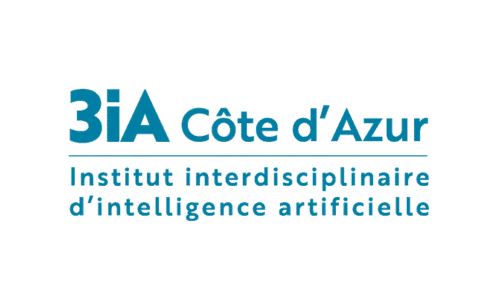

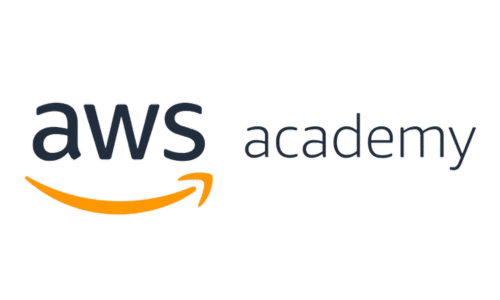
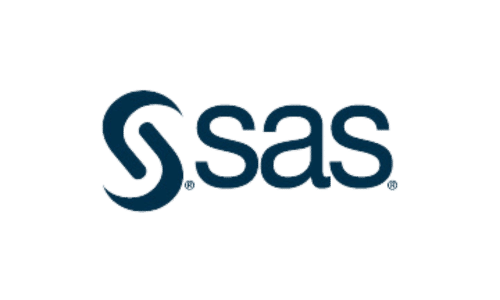



950 Route des Colles
Les Templiers
06410 Biot (Sophia Antipolis)
Alpes-Maritimes, France
4 Rue de la Collégiale
75005 Paris
Île-de-France, France
+33 (0) 489 412 944
© 2024 All Rights Reserved.
At DSTI, we provide one-on-one online meetings with prospective students. Here we answer all their questions regarding our Applied Bachelors and Applied MSc courses.
At DSTI, we organize online group meetings where we share valuable information about our selection of Applied Bachelors and Applied MSc courses in data and AI.
DSTI organizes online group meetings to provide information about our range of Applied Bachelor and Applied MSc programs in data and AI.
Every Wednesday from 2PM to 6PM CEST, DSTI’s Paris Campus hosts an open day for all, no appointment necessary. Inquiries regarding admission, courses or other related topics are welcomed. We are delighted to provide answers to your questions.
Fees are valid for the Autumn 24 and Spring 25 intake. | Applied MSc in Data Analytics | Applied MSc in Data Engineering for Artificial Intelligence | Applied MSc in Data Science & Artificial Intelligence |
Total Tuition Fees | € 15,600 | € 18,700 | € 18,700 |
Yearly Tuition Fees | € 7,800 | € 9,350 | € 9,350 |
*No tuition fees for the students in apprenticeship mode.

Want a career in data and AI? Download the DSTI’ Applied MSc in Data Engineering for AI Curriculum to find out how!